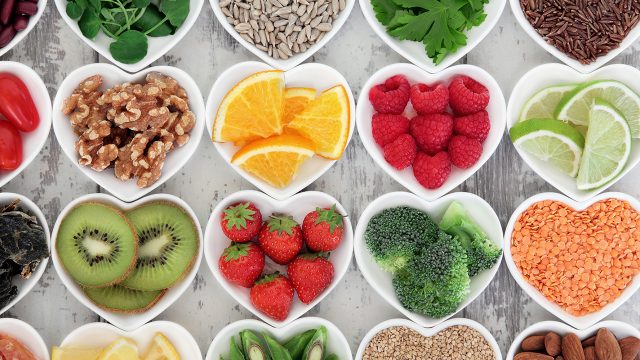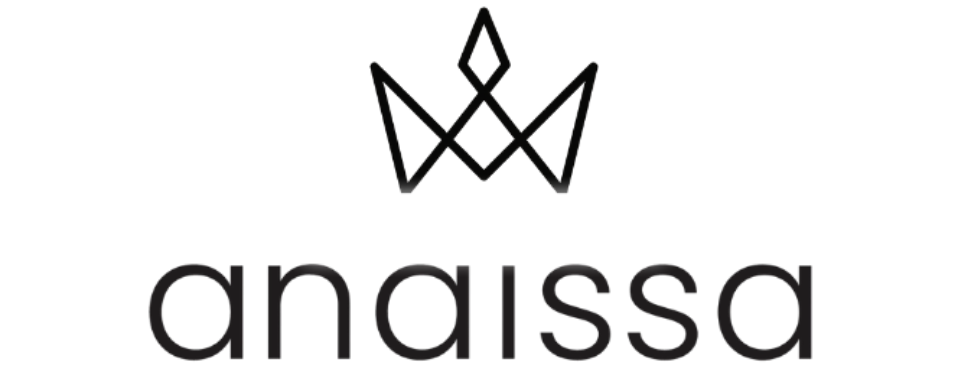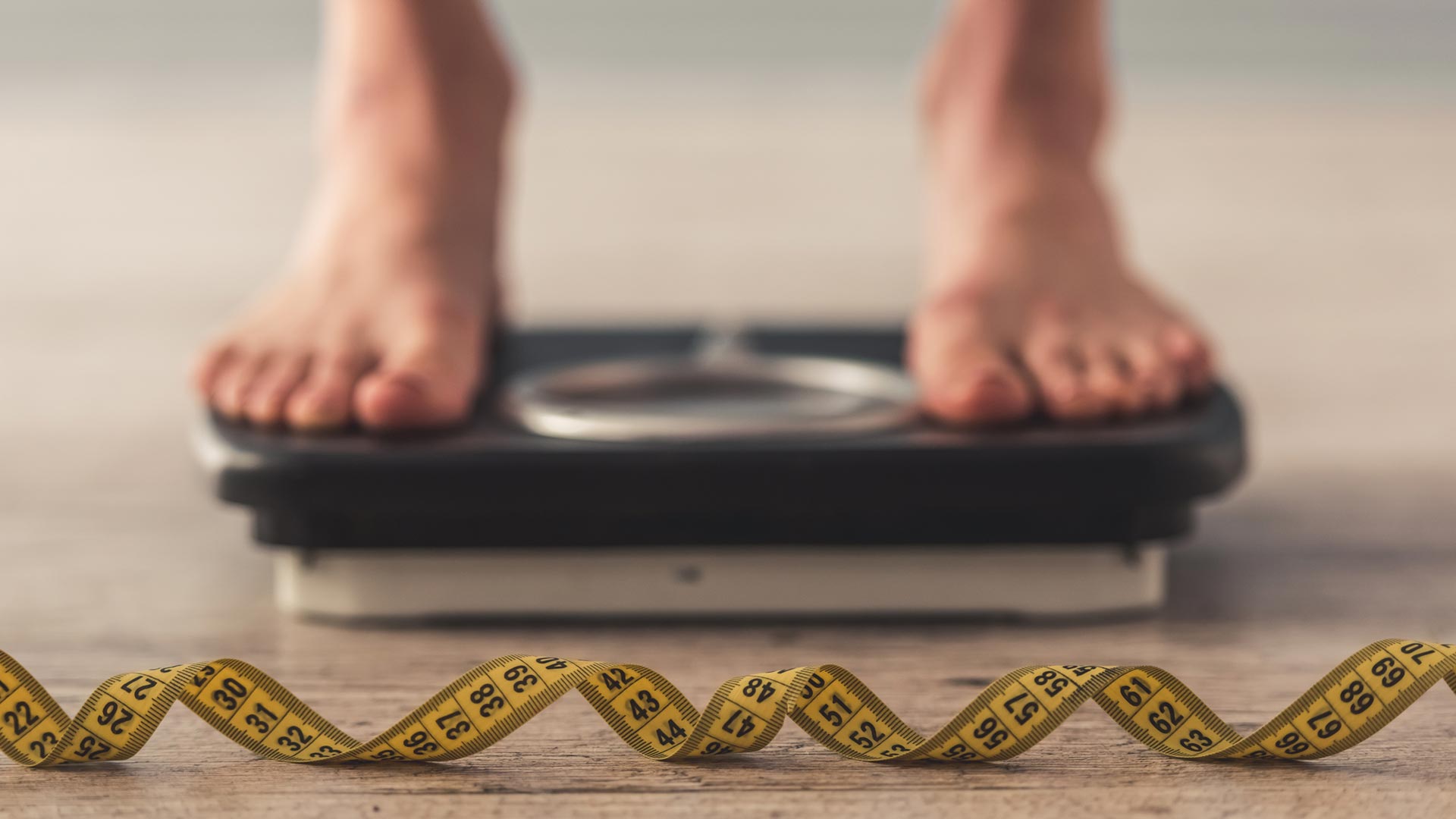
WE START THE CHALLENGE! NUTRITIONAL TIPS AND 1ST ROUTINE
Friday is here and with it, our first day of the challenge ! It doesn't matter what day it is, or when, what matters is that we're going to start taking care of ourselves and achieving all our goals! The #vidasaludableanaissa challenge is made up of two blocks, exercise and nutrition . Two fundamental aspects to lead a much more active and healthy life . All of this, accompanied by the use of our garments with Emana . A perfect combination to achieve all the aesthetic and health goals that we need. As you will see, you can already find the video with the first training routine on our social networks, and in this post, we are getting ready to give you the nutritional advice that from now on we will have to incorporate into our lifestyle! Let's get started!
NUTRITIONAL TIPS
NOT ALL NOR IN MODERATION
Surely at some point in your life you have heard 'you have to eat everything but in moderation', but... is this as healthy as we are told and believe?
First of all, we must understand that in ancient times, our ancestors did not have the food resources that we enjoy today, so this expression made sense. From this "everything but in moderation" came the famous Mediterranean Diet , the dietary pattern par excellence of our nation and which, due to the great variety of local, seasonal and fresh foods, provided us with health benefits.
This diet consists of:
- High consumption of a variety of fruits and vegetables .
- Consumption of nuts and seeds .
- High consumption of whole grains and tubers .
- Moderate consumption of meat , both white and red.
- Increased consumption of fish (white and blue).
- Olive oil as the main fat.
- High consumption of legumes.
- Moderate alcohol consumption (beer and wine).

The Mediterranean Diet has currently undergone changes due to the obesogenic environment that surrounds us. We have reduced the consumption of fruits, vegetables, nuts, legumes, whole grains and fish to increase the consumption of meat (especially red meat), poor quality fats (palm, palm kernel, sunflower among others), low quality refined flours and alcohol present in all celebrations and at increasingly earlier ages.
The problem is that these changes are not occasional, but with the development of food technologies, new products made with these ingredients appear in our lives every day, which have harmful effects on our health.
When we talk about harmful effects, we are referring to diseases. Yes, obesity is a chronic disease , and with it come many other associated non-communicable diseases. We are referring to type II diabetes, hypertension, inflammatory processes and even cancer.
"We can't eat everything"
This is why we cannot eat everything. Eating everything means that we have free rein to ingest products that will cause weight gain, changes in blood sugar levels, digestive problems (heartburn, irritated bowel, ulcers), heavy digestion due to fats, accumulation of fat in the abdomen covering our organs and causing poor function of these (possible type II diabetes), cirrhosis due to alcohol, cardiovascular failure due to atherosclerosis... All this with the consequent use of drugs to mitigate the symptoms of not adopting a healthier diet.
What should we know about eating in moderation ? A few years ago, eating in moderation meant eating once or twice a month. Today, this context is different, as products that we used to consider occasional are now part of our daily lives. For example, sugary breakfast cereals, biscuits, sausages or cold cuts. What we should consider an exception or a one-time treat , which we should not feel guilty about, we have turned into the norm without realising it. This lack of knowledge is what makes these products dangerous and harmful.

So what do I eat?
Maintaining a healthy diet in harmony with our surroundings is more complicated than we think, as stores are flooded with ultra-processed products rich in sugars, poor-quality fats, refined flours, excess salt and additives.
Fortunately, we can also find healthy foods in the same stores that we visit over and over again, but we must be clear about certain guidelines for maintaining a healthy diet and begin to eliminate these harmful products from our lives.
Some of our nutritional tips
- We will prioritize the consumption of foods of plant origin (fresh fruit, vegetables, nuts, seeds and legumes): these products are rich in fiber, water, vitamins and minerals . Nuts have a higher fat composition, but we are talking about a healthy fat (omega 3) that has anti-inflammatory effects on the body and is also rich in protein. Legumes, in addition to being rich in fiber, carbohydrates and protein, are rich in iron, so to improve the absorption of this mineral we should have a fruit rich in vitamin C for dessert (kiwi, orange, tangerine, strawberries...)
- We will replace products with white (refined) flour with the same products with wholemeal flour , which will provide us with more vitamins and minerals than the refined form, in addition to fiber.
- We will reduce meat consumption and replace it with another protein source such as fish (rich in omega 3), eggs and, as a vegetable alternative, legumes.
- We will consume healthy fats (olive oil, avocado, nuts). The main fat for cooking or dressing will be Extra Virgin Olive Oil , which has anti-inflammatory effects and helps cardiovascular health by improving cholesterol levels.
Reducing the portion is enough
As with the first expression, you have probably heard this one more than once. And we should ask ourselves again: is this healthy?
Reducing the portion is a good technique as long as it is done consciously and correctly , because is it healthy to reduce the portion of salad at lunch but eat 10 whole-wheat biscuits for breakfast? The answer is NO.
We always try to reduce the portions we eat at lunch or dinner, but we always eat a few more meals during the day and we usually don't eat healthy foods during those meals. What's the point of reducing the portion of salad if I've already eaten a lot of sugar, fats and refined flours and I'm going to do it again tomorrow and the day after?
The best trick to reduce portions in a healthy way is to use the HEALTHY PLATE

As the image shows, our plate must be composed of :
- At least 50% vegetables (it doesn't always have to be salad. We can use grilled, oven-baked, steamed, in papillote, boiled, sautéed...)
- 25% protein (prioritizing white meat, white and blue fish, eggs, legumes, dairy products)
- 25% whole grains or tubers (pasta, rice, quinoa, couscous, potatoes, sweet potatoes...)
- Water as the main drink
- Accompany with a small amount of the healthy fats mentioned above
- Fruit as dessert
- Replace salt with other spices (pepper, curry, paprika, cayenne...)
The Plate technique is very easy to follow, as well as nutritious and filling. The feeling of hunger will take longer to appear. In this way we provide our body with a large amount of fiber, water, vitamins, minerals, proteins and energy in the form of healthy fat and carbohydrates.
Fiber plays an essential role in our body, as well as reducing constipation, it regulates blood sugar levels , making it essential in the treatment of diabetes. Other functions of fiber that should be highlighted are: it feeds the bacteria in our intestine that compete with other harmful bacteria for their habitat; it helps reduce cholesterol and therefore improves our cardiovascular health. And of course, it gives us a greater feeling of satiety, making it essential in weight loss plans and in the treatment of overweight and obesity.
As for water, we can say that without it we could not live, since the chemical reactions that our body carries out to obtain energy take place in an aqueous medium, so it is very important to keep all our organs properly hydrated . A good amount of water a day combined with a large intake of fiber and daily physical exercise is the most effective tool to combat constipation.

Join the CHALLENGE!
The Nutrition part of the Anaissa Challenge has started and the goals to achieve this week are :
- Follow the recommendation of the Dish
- Reduce the amount of sugary products (cookies, pastries, sweets, soft drinks, pre-cooked food...)
- Stay well hydrated with water.
Don't forget to do your exercises from the 1st ROUTINE OF THE CHALLENGE!
https://www.youtube.com/watch?v=3iRm8KFBFl0&t=9sIgueda Tortosa Blasco
Graduate in Human Nutrition and Dietetics





